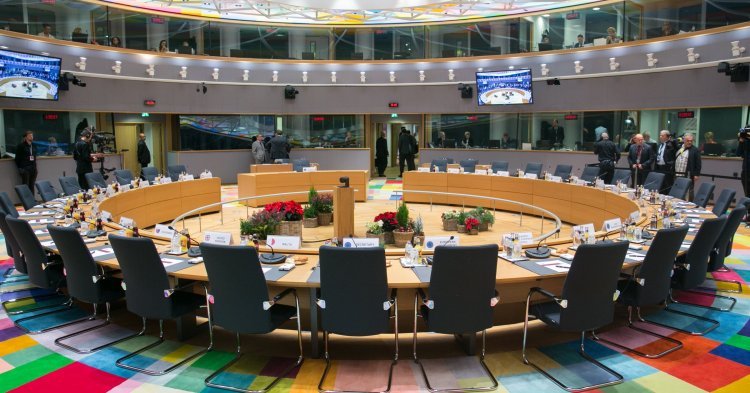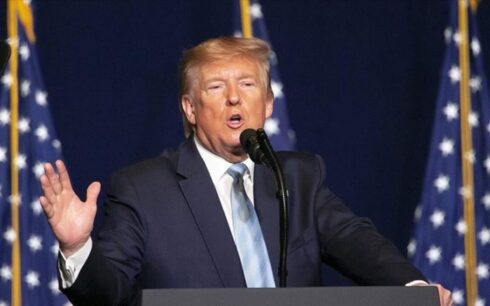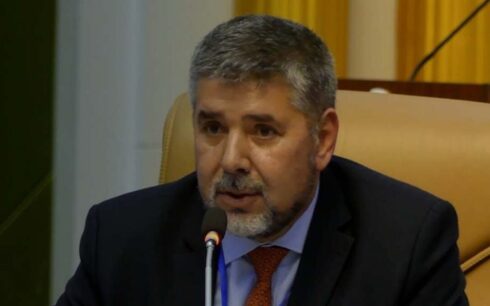The European Union Council of the European Union in a statement on Monday approved conclusions reaffirming the EU’s ‘principled commitment’ to peace and stability in Afghanistan and to supporting the people of Afghanistan.
A stable Afghanistan is in the interest of the entire international community to prevent regional instability, terrorism threats, forced displacement and irregular migration, the council said.
It added that the EU stands ready to further enhance support to Afghanistan’s neighbors and partners across the wider region for the prevention of negative spill-over effects.
The council reinstates the validity of the five benchmarks outlined in the Council Conclusion of September 2021; welcomes the EU’s presence in Kabul; and recalls the importance of the work of the EU Special Envoy for Afghanistan in conveying the EU’s position, including in dialogues with regional and international partners, in line with the EU’s strategic interests.
Since the overthrow of the constitutionally based government in August 2021, the Taliban’s actions and decisions have led to the dramatic worsening of the human rights, political, economic and humanitarian situation for the Afghan people, especially for women and girls,the council stated.
“The EU strongly condemns the systemic violation of human rights, in particular of women and girls, persons belonging to ethnic and religious minorities, LGBTIQ persons, human rights defenders, journalists and other media workers, former security forces and politicians. It also condemns the large-scale and systematic gender-based discrimination by the Taliban who, through their discriminatory decision to ban women from working for national and international non-governmental organizations, are impeding the delivery of humanitarian assistance and basic needs support to the Afghan people,” read the statement.
The EU stated however that it remains committed to continuing its assistance to alleviate the severe humanitarian and socio-economic crisis, by providing humanitarian aid and basic needs and livelihoods support within a principled approach, “where women can meaningfully participate in its delivery and where women remain beneficiaries. Where activities cannot be continued in line with the EU’s principled approach, the EU support to those activities will be reconsidered.”
The EU reiterates its unwavering commitment to supporting the full participation of all Afghans, including women and girls and persons belonging to ethnic and religious minorities in all spheres of life in Afghanistan.
The EU stands ready to adopt additional targeted restrictive measures against those responsible for serious violations and abuses of human rights. These restrictive measures are designed not to negatively impact the Afghan population and are reversible, the council stated.
The EU also noted it was concerned about the presence and operations of terrorist groups in Afghanistan, including ISKP (Daesh) and Al-Qaeda. “Afghanistan should not once again serve as a base for terrorism and violent extremism to other countries, and the EU demands that the Taliban cease all direct and indirect ties with terrorism and reiterates the Taliban’s responsibility in combating terrorism,” the statement read.
The EU has funded humanitarian operations in Afghanistan since 1994, providing over 1.4 billion euros in humanitarian funding.
EU humanitarian aid in Afghanistan is exclusively channeled through humanitarian partners on the ground and according to the EU, funding strictly adheres to the humanitarian principles of independence, impartiality and neutrality to ensure it reaches Afghans most in need.





